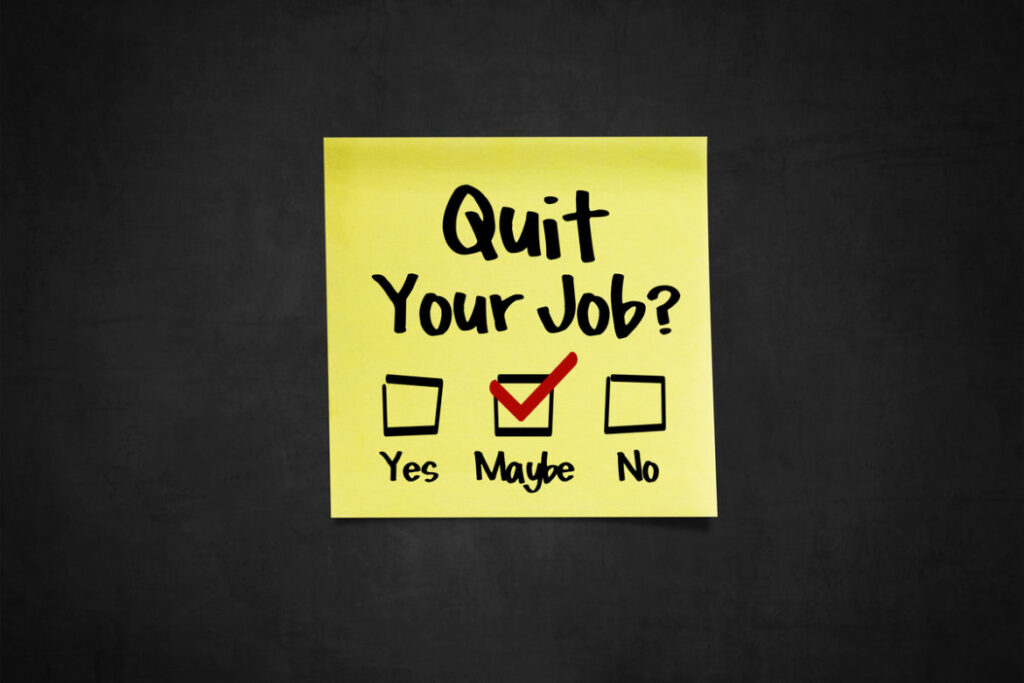3 Ways to Stand Out as a Job Seeker

Dear Readers, Getting to the job offer can be a very competitive process. You are often competing against other good candidates. To get the offer, you need to be the stand-out candidate. You need to be not just good or better but best! How do you separate yourself from the other candidates and be the […]
Why knowing your natural work style will help you succeed in your job

Dear Readers, I find it so interesting to see the varied management styles that bring the best out of people. Some people flourish when they have a lot of structure and direction. Others do best when they are given a broad mission and left to design a full plan of action on their own. Some […]
Want to quit your job right now? Why you should wait

Dear Readers, I’ve had two clients this year who quit their jobs, feeling justified that the environment was so bad, and the boss so outrageously horrible that they just couldn’t stay for one more day. In fact, one of them was asked to work in an area with toxic materials and refused to for her […]
